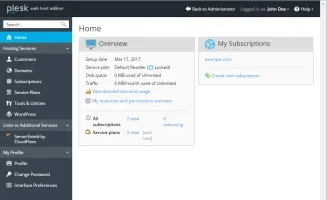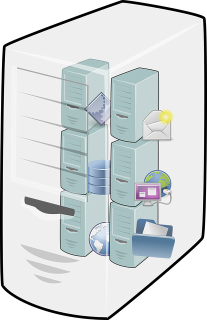A speed test is a tool that measures the performance of an internet connection. It is used to determine the download and upload speeds of a network, as well as the latency or delay in communication. Speed tests are important because they can help identify issues with an internet connection, such as slow speeds or […]









